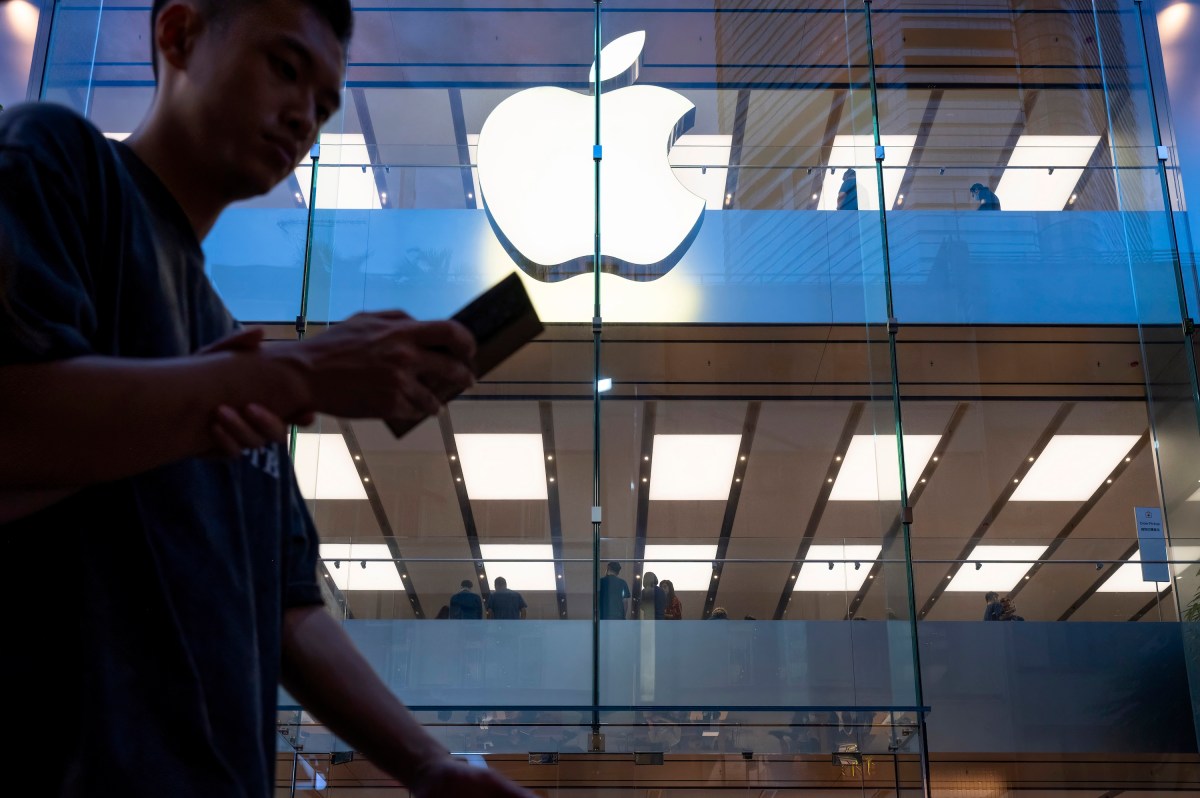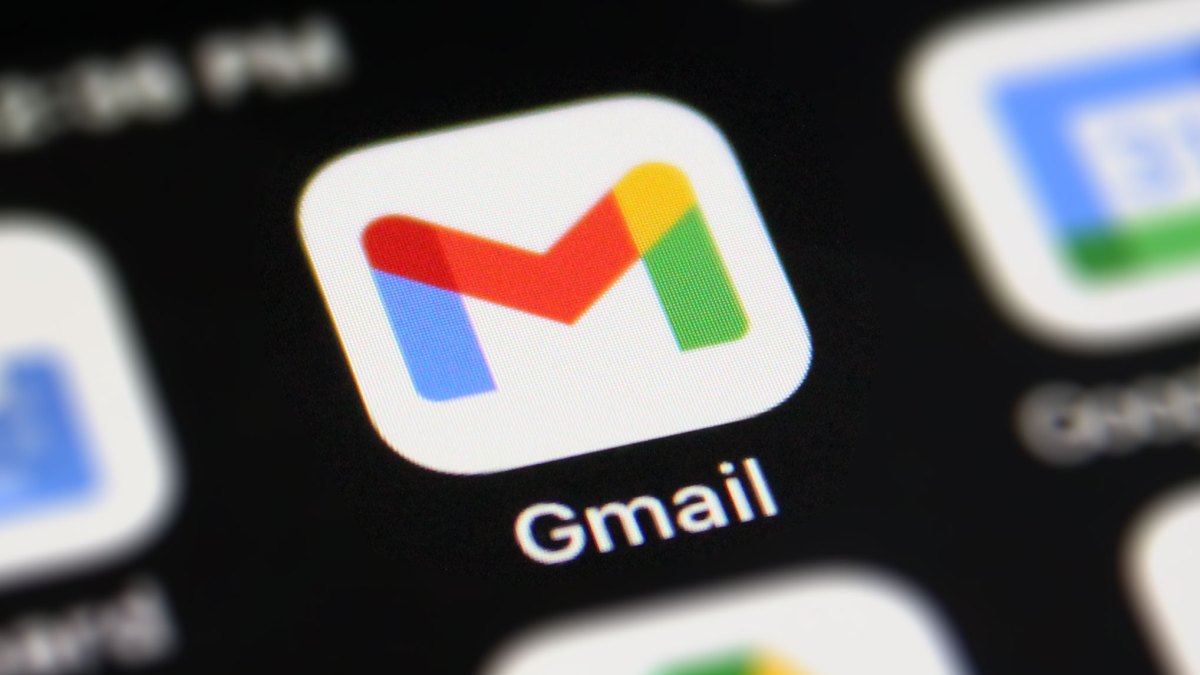
Apple revealed on Thursday the adjustments it’s implementing to adhere to Texas state law SB2420, which mandates age verification for app stores and their developers.
Despite Apple’s previous deployment of its own age verification tech and resources in anticipation of regulatory action earlier in the year, the tech giant voiced concerns over the Texas law’s impact on privacy.
In a statement for developers, Apple clarified, “…SB2420 raises privacy issues for users because it necessitates the collection of sensitive, personally identifiable details to facilitate any app download, even if a user simply wants to check weather updates or sports results.”
The Texas law is among several becoming active in the U.S., owing to the absence of comprehensive federal internet regulations to safeguard minors online. Consequently, individual states are creating their own laws with related aims, but varying implementation strategies.
While a tech giant such as Apple possesses the means to conform to these laws, smaller developers may not, absent the tools supplied by Apple. Similar laws also impact other small startups. To illustrate, social networking startup Bluesky had to suspend its service in Mississippi, citing a lack of resources to comply with the law.
Upon the law’s activation on January 1, 2026, Apple will have to verify if Texas users are 18 years or older. Those under 18 will have to join a Family Sharing group, managed by either parents or guardians. Parents and guardians will be required to grant consent for all the minor’s App Store downloads, purchases, and transactions, utilizing Apple’s existing in-app purchase system.
To adhere to the law, Apple stated it will aid developers in determining age in a manner that “preserves privacy.” Currently, developers have access to its Declared Age Range API, set to be updated before the law’s activation to feature age categories for new account holders in Texas.
Additionally, Apple plans to introduce new APIs later in the year, enabling developers to secure parental consent should they implement substantial modifications to their app necessitating a different age rating. Parents will also retain the ability to retract consent following its provision if they deem the app unsuitable for their child. (Although one could envision this being employed as a novel disciplinary measure; no Instagram for a month!)
Apple cautioned developers about similar laws expected to take effect in Utah and Louisiana later in the year, advising them to prepare accordingly.





